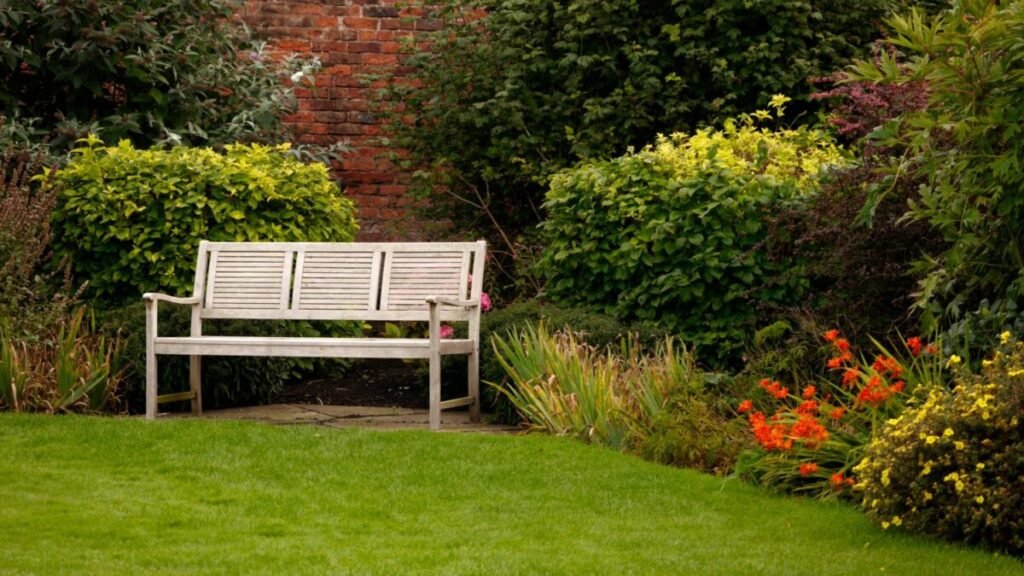The carefree garden: why a little chaos is good for the planet

For years, we have believed that a pristine garden was a symbol of care. But in the midst of an ecological crisis, that orderly ideal could be working against biodiversity. A growing trend in wild gardening proposes to let what was once cut grow, thereby giving the environment the opportunity to regenerate. What if the best thing you can do for nature is to let it do its thing?
The chaos that feeds life
Wild gardens are gaining prominence in urban areas. Abandoning aesthetic perfectionism to make room for a dynamic ecosystem can favor the recovery of pollinating insects, birds, and vital microorganisms for soil health.
Small gestures like not cutting clover or leaving dry leaves can become real lifesavers for species in decline. Plants that were once considered weeds, such as nettles, are key sources of nectar and habitat. This type of garden not only breaks with traditional aesthetics but also redefines the relationship between humans and nature: less control, more collaboration.
In this approach, disorder is no longer abandonment but a conscious strategy to restore lost balance. Looking at a wild garden is seeing an ecosystem in action: changing, useful, and surprisingly resilient.

Minimal interventions, maximum benefits
Opting for ecological gardening does not mean completely giving up maintenance but knowing how to intervene strategically. Cutting the grass less frequently, leaving hollow stems, or preserving dry leaves not only reduces effort but also improves habitat quality for multiple species.
These gardens require less water, fewer chemicals, and less care time. And most interestingly: the more we let them function on their own, the better they self-regulate. Plants adapt, the soil enriches, and the ecosystem learns to sustain itself without constant intervention.
Even in small spaces such as balconies or terraces, you can start. Pots with native plants, corners with homemade composting, or small insect refuge boxes are enough to start contributing to the urban ecological network.
The unseen life… and it needs your permission
Under a fallen branch or among the nettles we let grow, authentic invisible miracles occur: solitary bees hibernate, caterpillars transform, seeds germinate. In those untouched corners, nature works silently to sustain life.
Every unnecessary action—like pruning for aesthetics or cleaning out of habit—can interrupt a vital process. That’s why this new approach invites us to see the garden not as a decoration but as a living system that just needs to be allowed to flourish.
Perhaps that out-of-place flower is the last resort of a threatened species. Maybe that forgotten corner is the home of a gestating butterfly. Sometimes, the most ecological gesture is as simple as staying still and observing.






